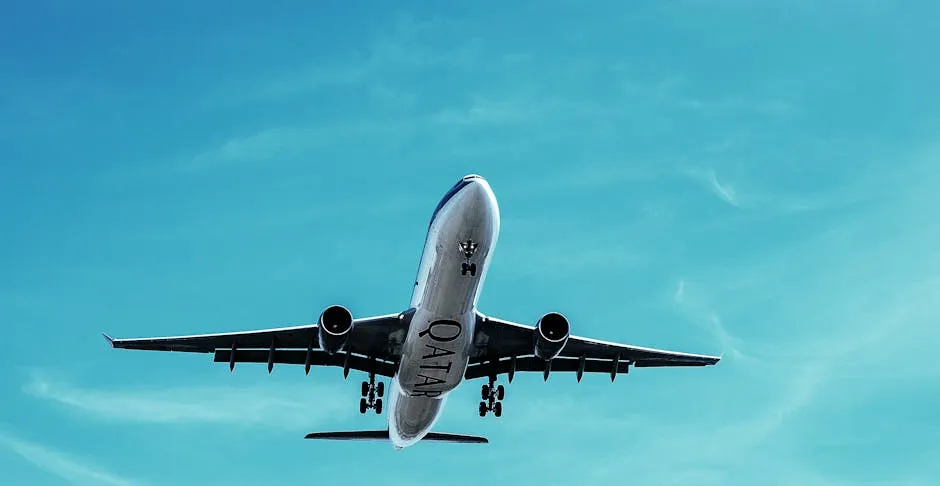Deputy Prime Minister Grozdan Karadjov emphasized that public-private partnerships yield tangible results and can ensure better quality of transport services in Bulgaria. He pointed out that currently 15 port terminals, four out of five airports, and one intermodal terminal are under concession, citing the successful model of Sofia Airport, which will resume the payment of concession fees from next year.
Karadjov stressed the need for Europe to rethink the issues of transport connectivity and security, strengthening the "bottlenecks" of the Eastern Flank. Bulgaria has placed Corridor 8, connecting the Adriatic with the Black Sea, on the EU map, as this is the shortest route to the eastern ports of Asia. The Deputy Prime Minister also emphasized the importance of the North-South direction and the Trans-Caspian corridor.
According to Karadjov, in the time of the Roman Empire, there were 7 bridges over the Danube, and now there are only 2, which makes connectivity between neighboring regions difficult. After the meeting in early June between the transport leaders of Greece, Bulgaria, Romania, and Commissioner Apostolos Tzitzikostas, a way will be sought to finance jointly with the European Commission, so that there will be not only three, but 4-5 bridges on the Danube. Two tunnels under the Stara Planina mountain will also relieve the North-South direction.
The Deputy Prime Minister emphasized that the strategic priority remains the development of modern, eco-friendly, and convenient rail transport, which is to become the backbone of the national transport system. With the support of European funds, Bulgaria is investing in a new generation of zero-emission rolling stock to meet public expectations and support climate goals.




Коментари (0)
Все още няма коментари.